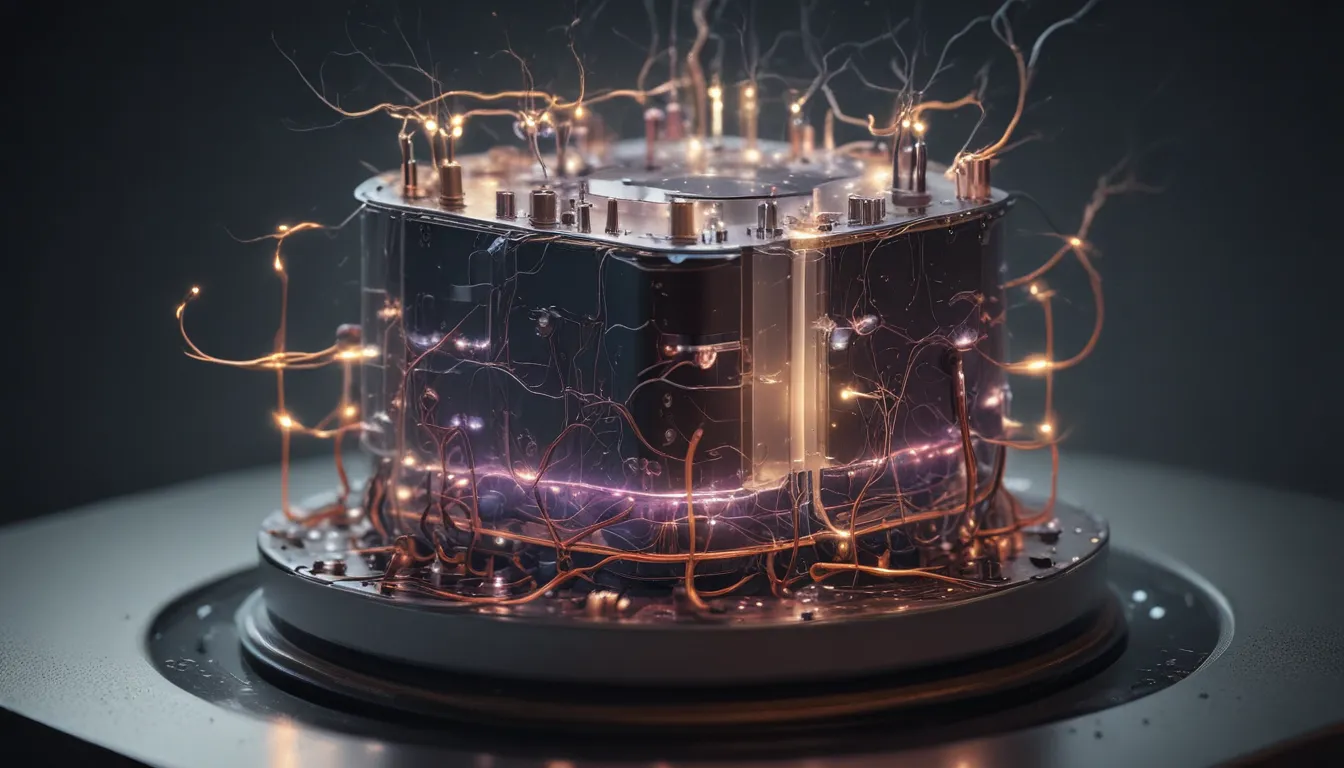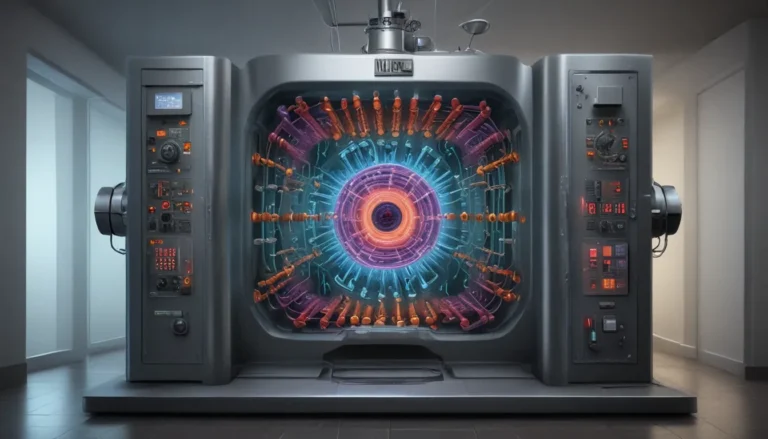A Note About Images: The images used in our articles are for illustration purposes only and may not exactly match the content. They are meant to engage readers, but the text should be relied upon for accurate information.
Welcome to the exciting world of electrolytic conductivity! This article is your gateway to discovering the fascinating realm of chemistry where substances exhibit the ability to conduct electricity. Whether you are a chemistry enthusiast or simply curious about this subject, buckle up as we embark on a journey to explore the intriguing facts about electrolytic conductivity that will broaden your knowledge and spark your curiosity.
Unraveling the Secrets of Electrolytic Conductivity
Have you ever wondered what electrolytic conductivity is all about? In simple terms, electrolytic conductivity refers to the ability of a substance to conduct electricity when dissolved in a solvent, typically water. This property is not only significant in scientific experiments but also finds crucial applications in various industries.
Delving into the Significance of Electrolytic Conductivity
The importance of electrolytic conductivity cannot be overstated. It plays a vital role in fields such as chemistry, biology, and engineering by helping us understand how electrolytes behave in solutions and systems. By unraveling the mysteries behind electrolytic conductivity, we gain valuable insights into the fundamental principles governing electrical conduction.
Unveiling the Factors Influencing Electrolytic Conductivity
Several factors influence the conductivity of electrolytes, including the concentration of ions, temperature, and the nature of the solvent. These variables have a profound impact on the ability of a substance to carry an electrical current, making electrolytic conductivity a versatile and dynamic concept.
Applications of Electrolytic Conductivity in Electrochemistry
The applications of electrolytic conductivity are vast and diverse, especially in the realm of electrochemistry. From electroplating and electrolysis to fuel cell technology, electrolytic conductivity enables the efficient transfer of ions and the conversion of chemical energy into electrical energy. This phenomenon opens doors to innovative solutions in various industries, revolutionizing the way we harness energy and resources.
The Art of Conductivity Measurement
Measuring the conductivity of a substance is a crucial step in assessing its quality and effectiveness. Utilizing a conductivity meter, scientists and engineers can determine the substance’s ability to carry an electric current, paving the way for accurate assessments of water quality, industrial processes, and product safety.
Understanding the Relationship Between Conductivity and Salinity
Did you know that there is a direct correlation between electrolytic conductivity and the salinity of a solution? Higher concentrations of dissolved ions, such as salts, result in increased conductivity, highlighting the intricate balance between chemical composition and electrical conduction.
Exploring the Role of Electrolytic Conductivity in Biological Systems
Electrolytic conductivity is not limited to the realm of chemistry; it also plays a vital role in biological systems. From facilitating nerve impulses to maintaining electrolyte balance and hydration levels, electrolytic conductivity is essential for the proper functioning of living organisms, including the human body.
Demystifying the Electrolytic Conductivity of Metals
While metallic substances are renowned for their high electrical conductivity, their electrolytic conductivity can vary significantly when dissolved in a liquid or transformed into an ionic state. This variability underscores the complex nature of metal conductivity and its implications for various applications.
Uncovering the Influence of pH on Conductivity
The pH level of a solution can significantly impact its conductivity. Solutions with higher acidity or alkalinity tend to exhibit greater conductivity due to the presence of more ions, highlighting the intricate relationship between chemical composition and electrical properties.
Electrolytic Conductivity: A Key Player in Assessing Water Quality
One of the crucial applications of electrolytic conductivity is in assessing water quality. By measuring the conductivity of water, scientists can identify impurities, contaminants, and overall ecosystem health. High conductivity levels may indicate the presence of pollutants, underscoring the importance of monitoring water quality.
Concluding Thoughts on Electrolytic Conductivity
In conclusion, electrolytic conductivity is a captivating concept that transcends disciplines and industries, offering valuable insights into the behavior of substances and their electrical properties. By delving into the intricacies of electrolytic conductivity, we unlock a world of possibilities for innovation and advancement in science and technology.
As we continue to expand our knowledge of electrolytic conductivity, we pave the way for groundbreaking discoveries and advancements in fields that rely on electrical conduction. By embracing the principles of electrolytic conductivity, researchers and engineers can create cutting-edge technologies that propel us into a future powered by efficient and sustainable energy solutions.
FAQs: Your Guide to Electrolytic Conductivity
-
What is electrolytic conductivity?
Electrolytic conductivity refers to the ability of a substance or solution to conduct an electric current, stemming from the movement of charged particles (ions) within the substance or solution. -
What factors affect electrolytic conductivity?
Temperature, concentration of ions, and the nature of the solvent are key factors influencing electrolytic conductivity. Higher temperatures and ion concentrations generally lead to increased conductivity. -
What are some examples of highly conductive electrolytes?
Common examples of highly conductive electrolytes include acids, bases, salts, and specific ions in aqueous solutions, all of which contain freely moving ions enabling the passage of electric current. -
How is electrolytic conductivity measured?
Electrolytic conductivity is measured using a conductivity meter, which evaluates the ability of a solution or substance to conduct an electric current by assessing the resistance encountered by the current as it traverses the sample. -
What are the practical applications of electrolytic conductivity?
Electrolytic conductivity finds practical applications in battery technology, fuel cells, electroplating, water purification, and chemical analysis, playing a crucial role in industries such as electronics, pharmaceuticals, and environmental monitoring.
Explore the boundless wonders of electrolytic conductivity, and embark on a journey of discovery that will captivate your mind and fuel your thirst for knowledge. As you delve deeper into the world of electrical conduction, remember that each fact unveiled adds a layer of understanding to this captivating realm of science and technology. Let curiosity be your guiding light as you explore the intricate principles of electrolytic conductivity and unlock the secrets of this mesmerizing phenomenon.






